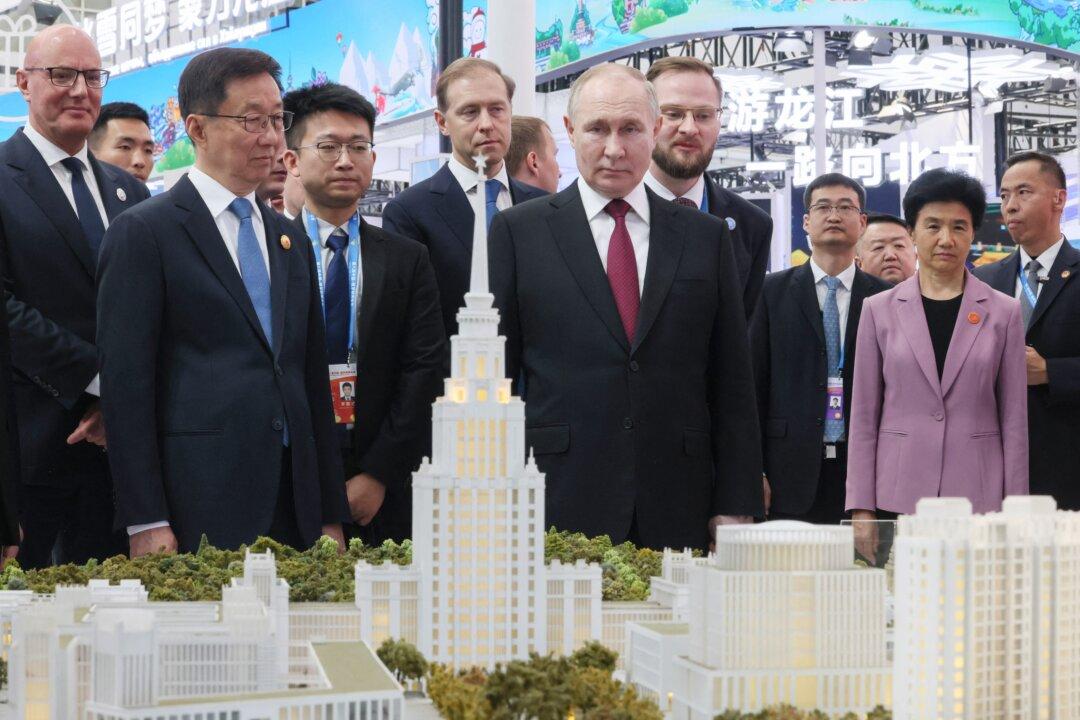Bipartisan lawmakers of a House committee have requested an assessment from the federal government to determine if Russia has shared information about the capabilities of U.S. weapons used in Ukraine with the Chinese Communist Party (CCP).
In a letter dated July 15 to national security adviser Jake Sullivan, Reps. John Moolenaar (R-Mich.) and Raja Krishnamoorthi (D-Ill.), the chair and ranking member of the House Select Committee on the CCP, raised concerns about Russia’s ability to undermine and disrupt advanced U.S. precision weapon systems deployed in Ukraine and share this information with Beijing.




